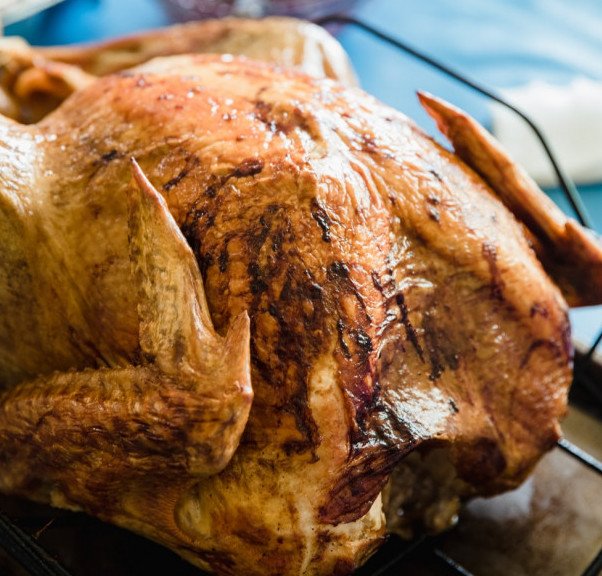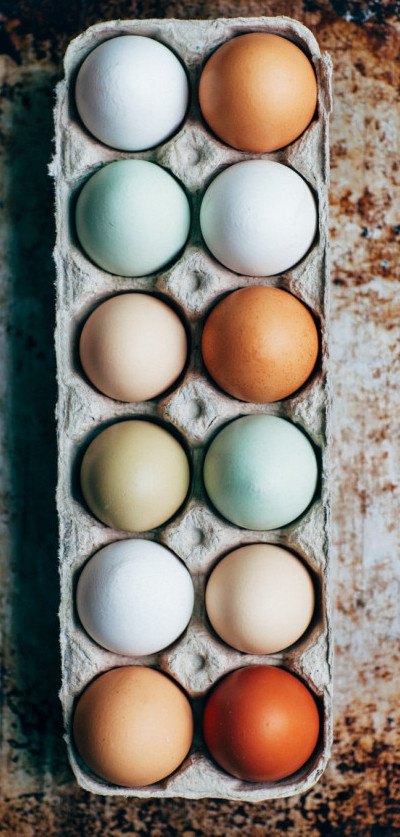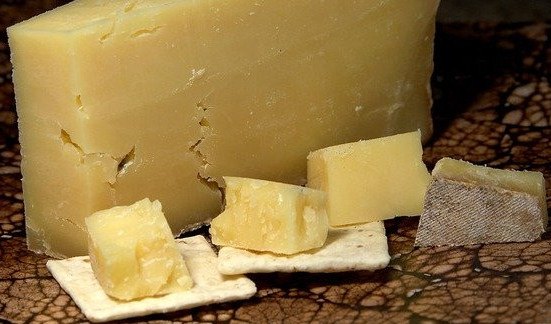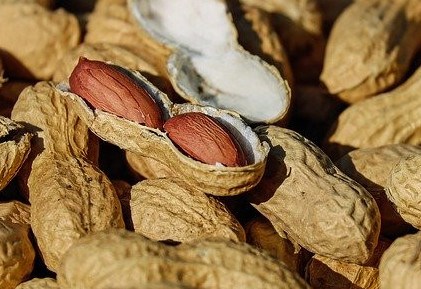There are many misconceptions about how much protein is required on a ketogenic diet. Just this morning, I was listening to a podcast where someone claimed that the ketogenic diet is a high fat and high protein diet. This is not the case. In fact, too much fat will actually kick you out of ketosis when your body starts to produce glocuse through gluconeogenesis as it breaks down the protein.
How Much Protein Should You Eat
Each person has a different body size and their needs will be different. Your goals for your body will factor into how much protein that you need.
To determine your protein needs, you can use a nasic calculation of your weight in pounds multiplied by 0.6 to get your minimum protein needs. For example, if you are 140 pounds, you would multiple 140 x 0.6 = 84 grams.
The maximum intake can be calculated by multiplying your weight by 1. For example, 140 x 1.0 = 140 grams of protein. This gives you an ideal protein range.
You can use cronometer to calculate your ketogenic macros and track your progress. It is quick, easy and can help you keep track of the foods that you eat.
Ideally, you want to have the percentage of your protein 20-30% of your calories to stay in ketosis.
Benefits of Protein
The big emphasis of the ketogenic diet is a high fat intake. There are many benefits to consuming protein and making sure that you get enough into your diet.
- Protein helps keep you satiated.
- Protein increases muscle mass.
- Protein helps to increase bone mass.
- Protein helps to reduce cravings.
- Protein will help to boost metabolism.
- Protein will lower blood pressure.
- Protein helps the body repair after injury.
Great Ketogenic Sources of Protein
When you are following a ketogenic diet, it can be difficult to come up with new keto food ideas that fit your macros. When doing the ketogenic diet, you want to stick with the healthiest foods for best results.
Meats. Select the highest quality meat that you can afford. Organic, pasture-raised and grass-fed meat is optimal. Meats can be consumed in moderate quantities. 
Opt for meats with more fat. Some fatty meat options include:
- chicken legs
- whole chicken (with the skin)
- pork shoulder
- bacon
- salmon
- tuna
- hamburger
- chuck roast
Dairy. Dairy is acceptable on the ketogenic diet. Some people do have sensitivity to dairy. Milk and soft cheeses may have higher carbohydrate counts that don’t fit into a ketogenic diet, so make sure to check the carbohydrates.
- Cheddar cheese
- Colby Jack cheese
- Parmesean cheese
- Swiss cheese
- Greek yogurt
- Heavy whipping cream
Nuts and Seeds. Nuts and seeds can be a great source of protein on a ketogenic diet. Nuts and seeds can be hard to digest for some people, so test them out to see if you tolerate them. Keep nuts and seeds in moderation.
- Pecans
- Almonds
- Macadamia nuts
- Walnuts
- Hazelnuts
- Peanuts
- Sesame seeds
- Hemp seeds



